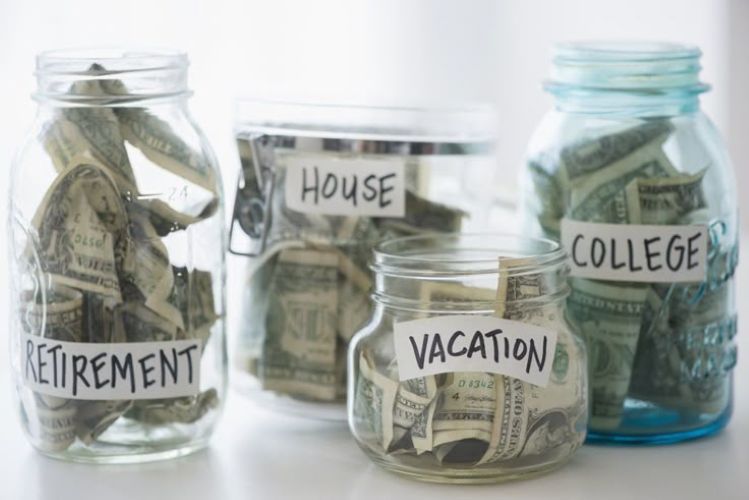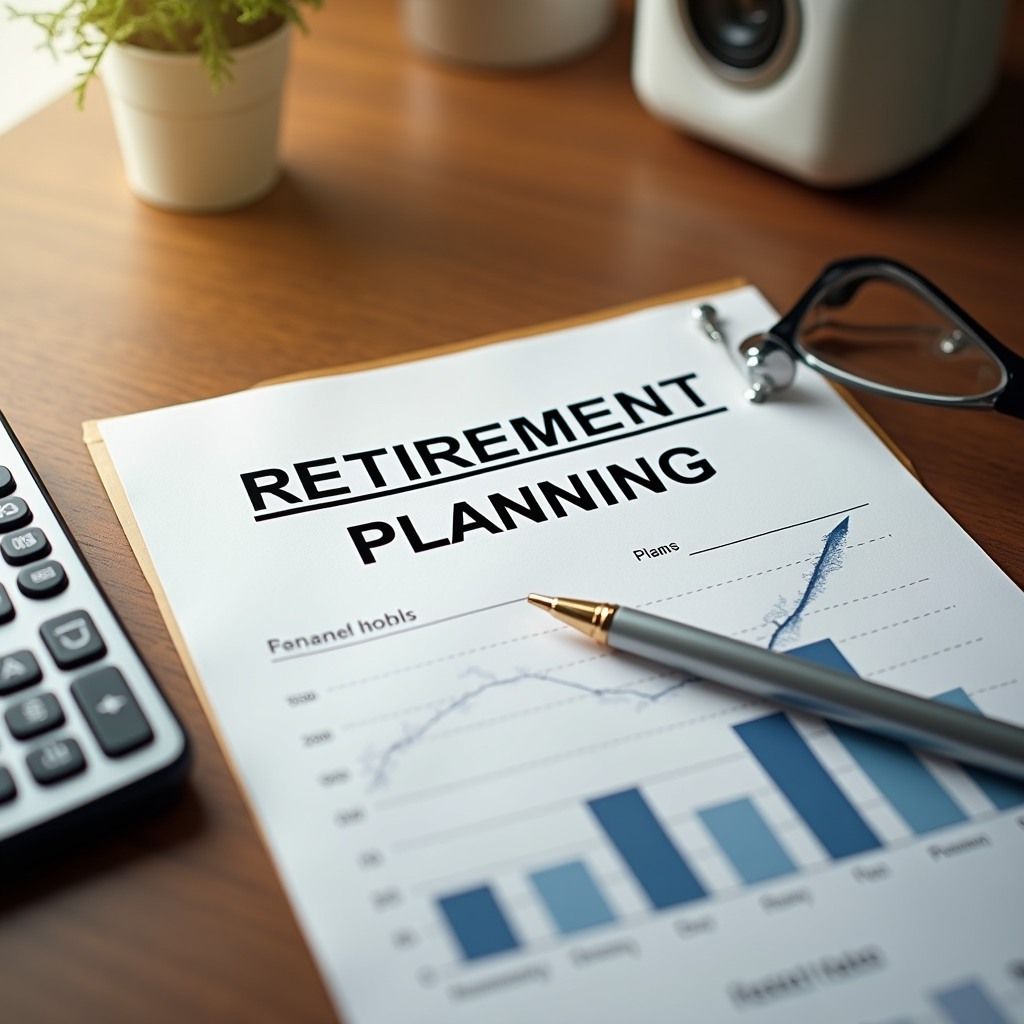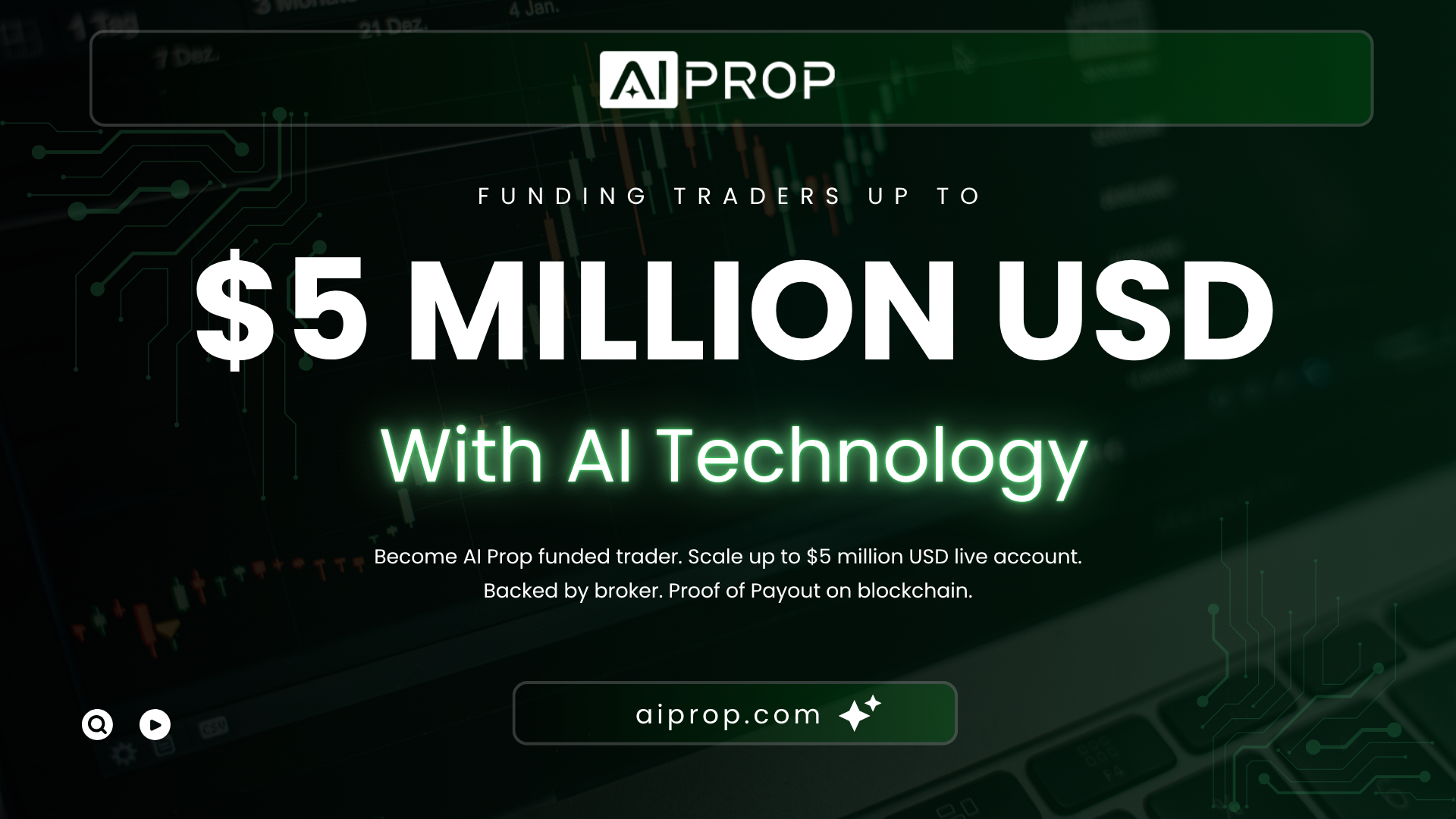
Table of Content
The surge of interest in prop firm competition over the last two years has completely transformed the landscape of funded trading. As more traders look for safer, smarter, and more scalable ways to grow capital, competitions hosted by prop firms have become a global gateway for discovering talent and awarding funded accounts. Yet the real shift happening in 2024–2025 is not just the growth of competitions themselves, but the arrival of AI-powered systems that are redefining how traders are evaluated, supported, and rewarded.
This article explores how AI is reshaping prop firm competition models, what benefits traders gain, and why this creates the most competitive—but also the most accessible—era ever for funded trading.
AI Reshapes Modern Prop Firm Competition
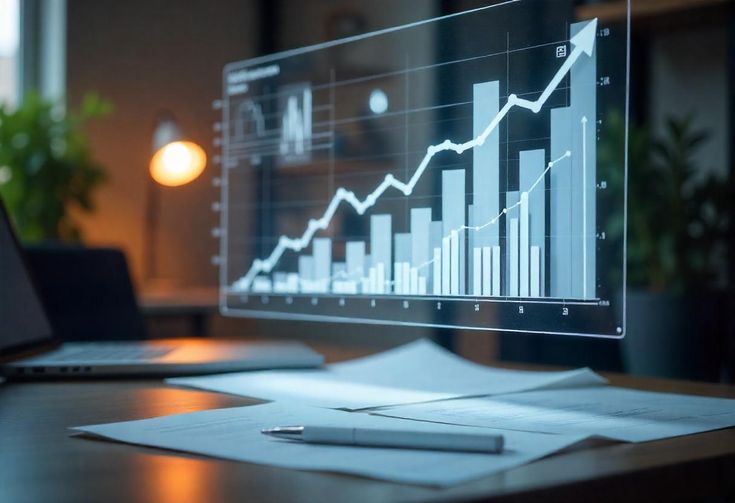
Over the past year, the prop trading industry faced dramatic changes: more than 80–100 prop firms shut down in 2024, according to Finance Magnates, largely due to weak risk management, liquidity issues, and outdated evaluation systems. As a result, surviving firms began restructuring with a focus on automation, transparency, and scalable oversight. This is where AI became not just an upgrade, but a necessity.
Modern prop firm competition relies heavily on data accuracy and real-time risk evaluation. AI allows firms to track trader behavior instantly across thousands of simultaneous competitors, detecting abnormal activity, rule violations, or algorithm-abuse patterns far faster than traditional teams ever could. AI eliminates the heavy manual work that previously slowed competitions and often led to inconsistent judgment or delayed verification.
The second reason for the AI shift is trader demand. Today’s traders expect faster funding decisions, clearer rules, and less human bias. AI-driven prop firm competition meets that need by applying a consistent, mathematical standard to all participants. This creates a level playing field where talent—not luck or rule ambiguity—decides the outcome.
Finally, AI helps firms reduce operational risk. With the industry now under tighter scrutiny due to regulatory actions in the US, UK, and EU, firms need stronger monitoring systems to detect high-risk behavior, news-spiking, trade copying, and account manipulation. AI handles these tasks automatically, ensuring competitions remain fair, scalable, and compliant.
Smarter Scoring Systems in Prop Firm Competition
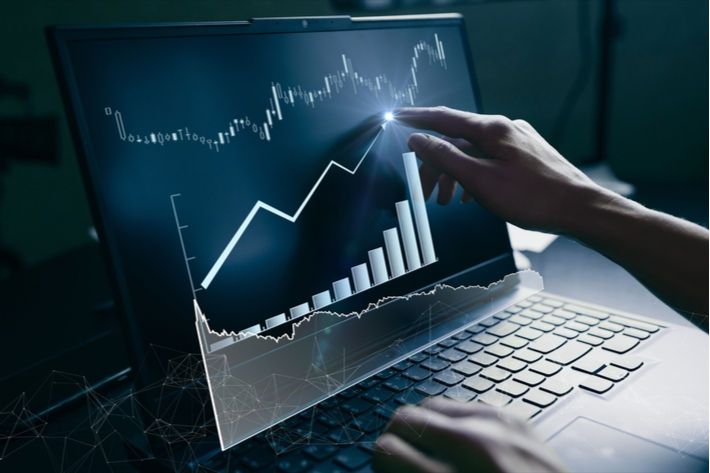
One of the biggest evolutions is AI-based risk scoring, which now evaluates each competitor not only by profit, but by trading discipline. Systems track factors such as trade frequency, position sizing, overnight exposure, volatility alignment, and emotional trading triggers. This ensures the competition rewards sustainable strategies—not sudden lucky spikes.
AI also enhances transparency in rule enforcement. In the past, traders often complained about unclear violations or inconsistent interpretations. With AI-driven monitoring, rules are enforced uniformly, eliminating human error or subjective judgment. Every decision can be traced back to algorithmic logic, giving traders clarity instead of confusion.
Another major advancement is real-time coaching notifications. Some competitions now integrate AI alerts that warn traders when they approach daily drawdown limits, over-leverage positions, or over-trade emotionally. Instead of discovering mistakes too late, traders receive instant behavioral feedback—making the prop firm competition itself a learning environment.
By analyzing millions of data points simultaneously, AI allows competitions to be bigger, more global, and more fair. What once required manual review by teams of analysts is now handled in seconds by automated scoring engines.
AI Tools That Boost Your Prop Firm Competition Performance
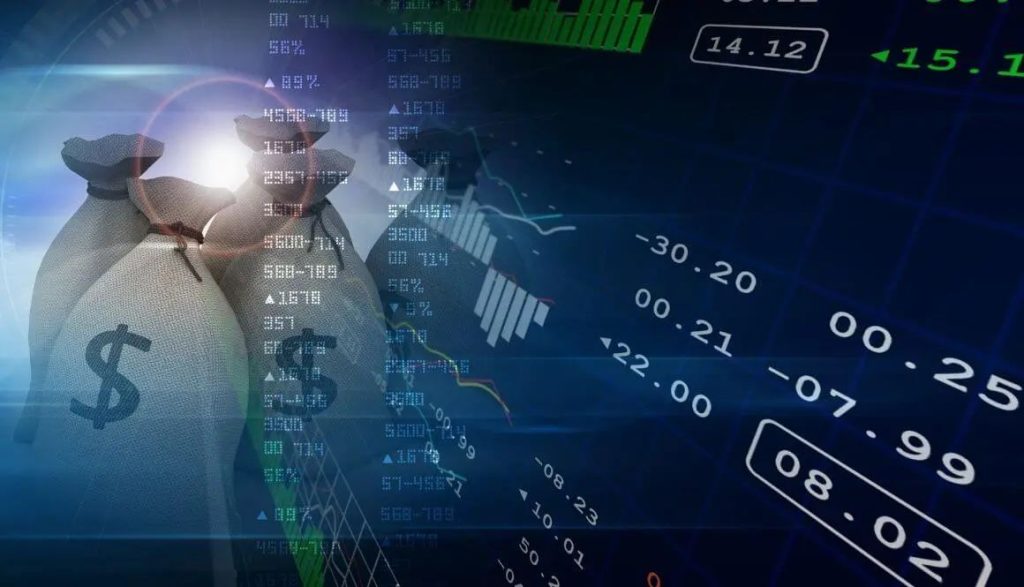
The rise of AI tools for traders is one of the most beneficial trends of 2025. Many modern firms now offer AI-powered dashboards, pattern-recognition models, and trade journaling assistants that allow traders to analyze performance at a depth impossible by hand.
One standout example is the AI Trading Coach, which provides personalized insights based on each trader’s behavior. It identifies weak points—such as revenge trading, overconfidence after wins, or inconsistency in position size—which are the exact behaviors that cause most competitors to fail challenges.
AI Journals are equally transformative. Instead of manually charting trades, the journal automatically tags emotions, risk metrics, time-of-day performance, and strategy efficiency. This allows competitors to adjust quickly during a multi-week prop firm competition instead of repeating the same mistakes until elimination.
Algorithmic backtesting tools are also widely used. Traders can now test strategies instantly against market conditions, ensuring their approach is robust before they enter a live competition. When combined with volatility forecasting models and news sentiment AI, traders can prepare a strategy that is not only profitable but also safe under strict challenge rules.
These tools make competitions not just a test, but a training ground where AI amplifies human decision-making.
Why AI Makes Prop Firm Competition Fairer and Faster
The biggest advantage is fairness. Traditional competitions sometimes rewarded luck—one oversized position during a high-volatility moment could catapult a trader to the top of the leaderboard. AI-driven evaluation now penalizes irresponsible risk, emphasizing controlled, strategic trading instead of gambling behavior.
Another advantage is the learning experience. Instead of competing blindly, traders receive instant AI feedback on risk, emotions, execution timing, and market context. This transforms competitions into skill-development accelerators, which benefit traders even if they don’t win the prize.
Speed is also a key improvement. AI allows firms to verify results, confirm consistency, and issue funded accounts faster than ever. What once took days of manual review now takes minutes. This speed gives traders more motivation to participate regularly, as the funding cycle becomes rapid and predictable.
AI also reduces disputes. Historical issues around delayed payouts, unclear disqualifications, or inconsistent rule enforcement are largely eliminated. Transparency increases trust, which is why participation in prop firm competition programs has surged globally—from India and Indonesia to LATAM, the Middle East, and Europe.
How AI Levels the Playing Field in Prop Firm Competition
Surprisingly, yes. New traders often struggle with discipline and emotional control, while professionals benefit from years of experience. AI-generated insights help bridge this gap by giving newer competitors immediate feedback similar to what seasoned traders gained over years of trial and error.
AI also supports consistent execution. Skilled traders win primarily because they avoid repeated mistakes. When AI warns newer traders about over-trading, wide stops, or poor timing, they can correct themselves in real time. This shortens the learning curve dramatically.
Furthermore, AI helps level the playing field by highlighting high-risk strategies that look profitable on the surface but fail sustainability checks. This ensures the competition focuses on skill—not reckless behavior—giving disciplined new entrants a fair chance at winning.
In many ways, AI democratizes access to funded capital. The competition becomes less about who has the highest experience and more about who can apply data-driven discipline most effectively.
The Future of Prop Firm Competition in the AI Era
Looking ahead, the biggest trend will be fully automated competition ecosystems, where onboarding, monitoring, scoring, and funding occur AI-to-AI. This will allow competitions to run continuously for thousands of traders without bottlenecks or manual review delays.
Blockchain transparency will also rise. Many firms are beginning to publish payout proofs and challenge results on-chain, giving traders verifiable evidence of integrity. As trust becomes a top industry requirement, this transparency will become a competitive advantage.
Prize pools and funded capital sizes will also increase. With AI managing risk more efficiently, firms can confidently award larger funded accounts. The industry is already shifting from $100k–$200k caps to $500k–$5M scaling plans, empowering top competitors to build real trading careers—not just win short-term prizes.
For traders, the biggest opportunity lies in adopting AI tools early, practicing consistently, and joining competitions that value risk-adjusted performance. Those who learn to combine human intuition with machine-driven precision will dominate the coming generation of prop firm competition.
The rise of AI-driven prop firm competition marks a new era where evaluation becomes fairer, risk becomes more transparent, and opportunity becomes far more accessible. Traders no longer compete in environments that reward luck—they compete in ecosystems designed to measure discipline, consistency, and real trading skill. For those willing to adapt, learn, and leverage AI strategically, this is the most exciting moment in the history of funded trading.




